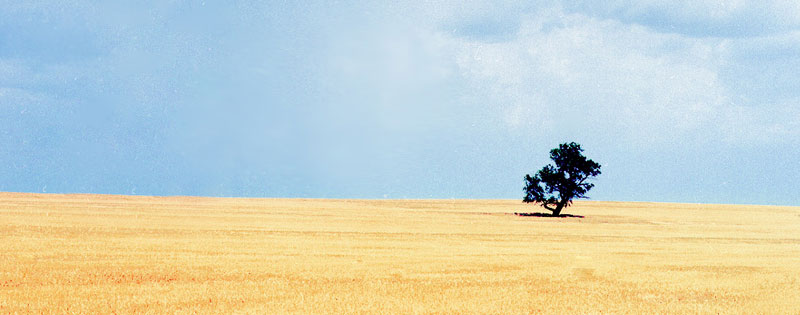Fast forward 20 years. In early 2000, Robin and I made a life changing decision to remove our children from the negative influences of public schools. We had become very frustrated with the administration governing the public school that Amanda and James were attending. We were seeing our children exposed to invasive social indoctrination which conflicted with our own values. But the decision to make a change was daunting, to say the least. The stakes, being the well-being of our four children, were huge and the costs were substantial. Thankfully, my professional life gave us the financial ability to consider our options. But we had little knowledge with which to decide upon this change.
In April of 2000 Robin and I made a rare Sunday morning breakfast stop with the kids at a McDonald’s near our home. We met a family there that we would come to know well. They overheard Robin and I talking about private schools and they politely joined our conversation. They told us about a private school where they had two children attending. They were exuberant about the school and were quite compelling in their praise. This school happened to be just a few miles from our home.
After a moderate investigative effort into private alternatives we quickly narrowed our focus to the school that our new friends had recommended. The attributes we found appealing were K-12, small but not too small, real campus, opportunity for sports, close to our home, and insulation from the type of social indoctrination being showered on our children in the public school. At the time, the fact that this school was a Christian based environment was for me (not for my wife) a necessary trade off. I would only later begin to understand that this was a decision with deep and ancient roots. As I said, I had always called myself agnostic.
What is an agnostic? I now believe it’s someone with too much pride and arrogance, and lacking in courage, to seek the truth or to get off the fence and make a decision. At the time, however, this was not a small issue. I was leaning toward a solution for my children that ran head-long into a realm that was distant in my memory; a virtually forgotten time in my own childhood. Nothing happens by accident.
Some of my earliest memories in life are attending church with my paternal grandmother. Grandma Goodall was a good woman who had lived a very hard life. She was born in 1907 in Park Springs, Wise County, TX, to Thomas and Fannie Mae Roach. She lived there for her first 13 years, until the family moved to Gracemont, OK, in 1920. There she would meet and marry Joseph Sylvester Goodall (aka Vester) in 1929. My father, Wesley, was their first child, born in Sept 1930. I know that Grandma Goodall’s faith in Christ was important to her. She attended the local Pentecostal Church in Gracemont with her family during these post-depression years. Three decades later, while I was growing up in Fresno, CA, my parents, at Grandma Goodall’s urging, would send my siblings and me to the Truth Tabernacle Pentecostal Church. Each Sunday morning we would wait to hear the short bus honk. The inter-generational connection here is vivid.
Throughout my adult life, I had always viewed Christian faith as blind faith. I had always thought that my own beliefs and values were based on knowledge, experiences, observations, and reason. The idea of blind faith conflicted with this and, therefore, so did Christianity… or my old idea of Christianity. Even in my earliest years, when I attended my Grandmother’s church, I thought a lot about this.
One idea that I settled on at an early age (which never left me) was that there seemed to be no down side to Christianity. It was about heaven… who wouldn’t want to go to heaven? It was about hell and avoiding it… who would want to go to hell? It was about being a good person and being good to others… what could be wrong with that? It was about God and his love for you… what could be wrong with that?
Where was the downside? I thought about this. There was none that I could think of. But for me there was nothing to bridge the “faith gap”. I wanted the proverbial proof. I wanted the math to work. I did not want to just “check my brain at the door”. So, I moved on into adolescence and adulthood with this “unbridgeable” gap. Christianity is good… there’s no downside… but I can’t (I won’t) accept anything on “blind” faith. But seeds, which had been planted long ago, were ready to sprout.
For through the grace given to me I say to every man among you not to think more highly of himself than he ought to think; but to think so as to have sound judgment, as God has allotted to each a measure of faith. (Rom 12:3)

